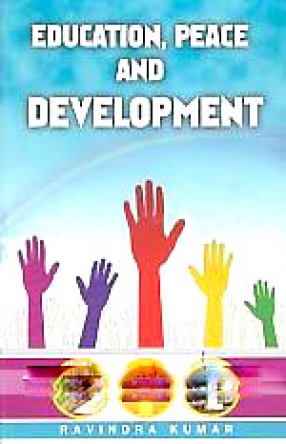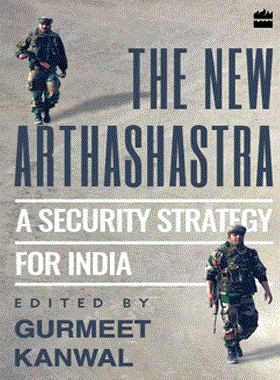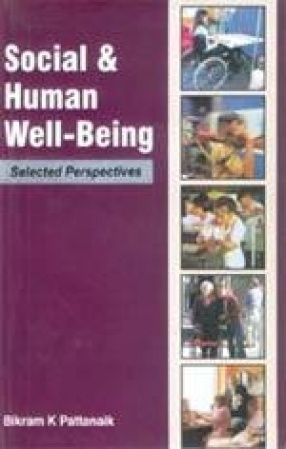The present title has been the result of three years’ of hard toil through the insurgent-torn Tripura and six other relatively calm and peaceful states of the North-East. It seeks to resolve a few paradoxes from the perspective of policy science exploiting the economic deprivation and social-cum ethno-cultural identities of the people of this region. The North-East has been in flames almost since Indian independence but is it due to ethnic factors alone or more for economic deprivation that the youth are taking up arms against the formal center of power. How is it that the state of Tripura, where the tribal people started accumulating and absorbing the cultural norms and patterns of the migrant Bengalees much earlier that others in the North-East, is now the worst-hit in insurgent activities, while Nagaland with its stubborn ethnic autonomy and independent frame of mind remains not that troublesome? If geo-strategy is important Arunachal, now the abode of peace, would have been the
ABOUT THE AUTHOR Syamal Kumar Ray
A policy scientist by training and profession Syamal Kumar Ray (born 1944) has been in post-graduate teaching and research for the post thirty-eight years. He visited almost all parts of the world on research assignments, from Argentina, Brazil to China, South Korea, Singapore and Thailand, from United States, Canada to France, Britain, Brussels and Germany and the result has been the publication of nuerous research papers in renowned Journals apart from three books. Professor Ray was the sole academic from India at the UNESCO conference on ‘ Comparative Research on Poverty’ (CROP) in 1993 in Paris and he attended several international political science and public administration conferences, seminars and workshops. He has been on the executive boards of two International Committees- ‘Business and Politics’ and ‘Law and Judicial Studies’, apart from many others in India. He earned distinction as a teacher and research guide and his students are now in various senior positions in teaching and administration. He completed twelve post-doctoral research projects during the last twenty years or so and his areas of specialization are: comparative politics and comparative administration, European Integration and regional co-operation in trade and business, apart from policy scince that includes both micro and macro level target areas.





There are no reviews yet.